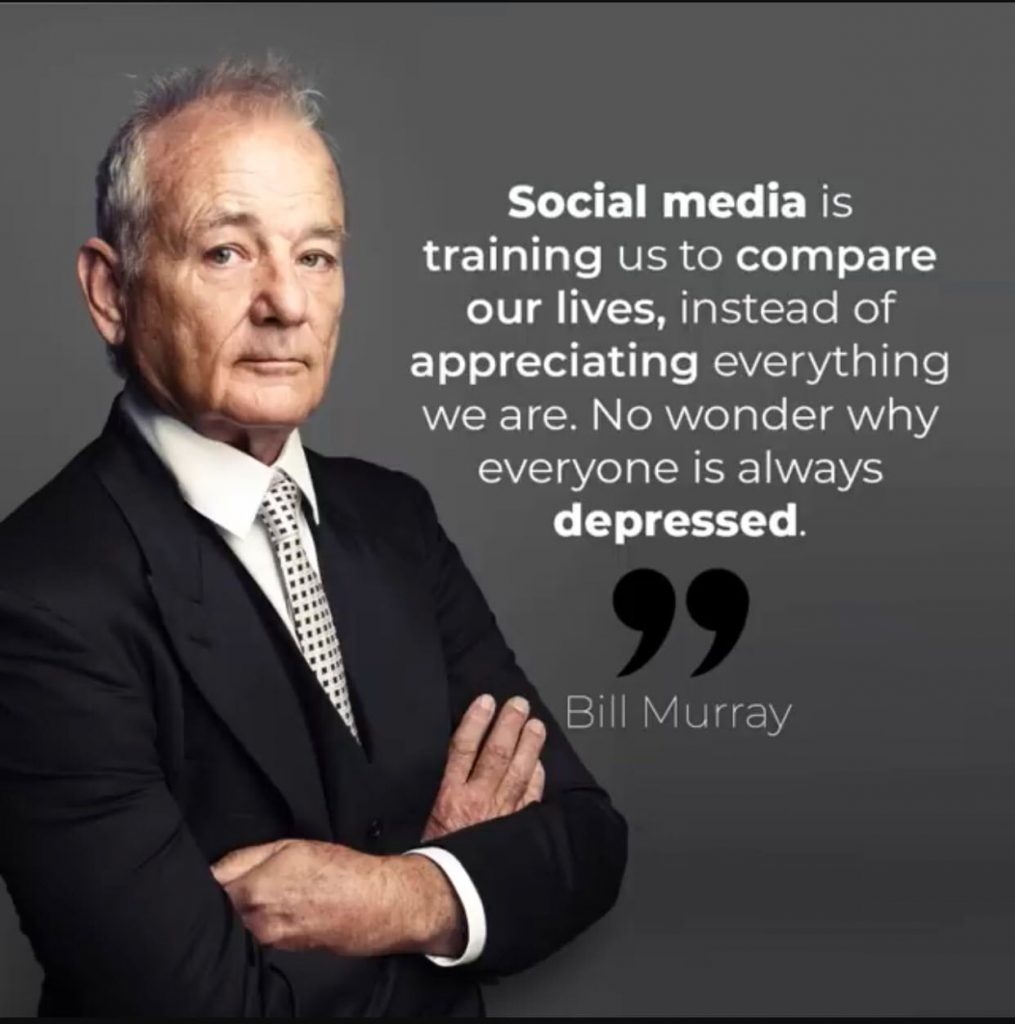They were celebrities at the pinnacle of achievement in their fields. Legions of fans and industry insiders worldwide respected them, yet both took their own lives last week.
No one is immune to suicidal thoughts — not even a successful public figure like Anthony Bourdain or Kate Spade. Suicide and depression know no boundaries of race, class, gender identity, sexual orientation, or national origin. Statistically, it’s likely you know at least one person who struggles with suicidal thoughts. In a typical high school classroom of 20 students, at least 3 have seriously considered taking their lives in the past year.
What to say when a depressed friend reaches out
This concerns most of us who question our ability to respond to someone in need. Will we know what to say if that friend, neighbour, or student reaches out to us? Will we be able to help?
As a trusted confidant, you can show someone who’s struggling you care with only a few simple words.

- Are you thinking of taking your life right now?
If your friend has already put together a suicide plan or is about to take their life, immediately call 911 and get emergency assistance. You should let trained professionals help rather than try to handle it yourself.
- When did you start feeling this way?
When a suicidal person reaches out for help, they really want someone to hear their story. Asking open-ended questions — and listening — lets them do that. Don’t be judgmental or dispense advice. Simply pay attention and affirm their experience.
- You’re not alone. I care about you, and I’m here to help.
Why would someone struggling with suicidal tendencies reach out to us? They’re in a battle for their lives, and they don’t want to fight it alone any more. Telling them that we’re there, we care, and we want to help assures them they’re not alone any more. It also opens the door for them to be more specific about how you can help.
- Have you considered getting professional help?
When someone confides to us about their personal battle with depression and suicidal tendencies, it shows they trust us, so many friends and teachers wonder if they should keep this information secret. The answer is emphatical NO.

In fact, the goal of any discussion with a suicidal person is to get them to seek professional help. If our friend had malignant cancer, we would encourage them to go to the hospital, even if they were reluctant at first. It’s the same with a life-threatening condition like suicide.
We shouldn’t give up if the person resists. We can tell them we’re asking because we care. We can offer to help them find and schedule an appointment with a mental health counsellor. We can go with them.
What to do if your friend doesn’t reach out directly
Many times, a depressed or suicidal friend won’t approach you directly and ask for help. Recent studies have uncovered a correlation between excessive time online and depression. If you notice a significant change in someone’s behaviour (if they seem habitually withdrawn, down, disengaged, or angry) you might want to initiate a conversation with one of these leading questions.
4 Questions to Break The Ice When You Notice a Change in Someone’s Behavior
- You don’t seem yourself lately. [Add observational details]. Are you all right?
- I’m concerned because I’ve noticed a change in you. [Add observational details]. What’s going on, and what might help you feel better?
- You seem upset. Do you need to vent? I’m here for you, and I’ll listen.
- You seem to be going through something tough. Can I do anything to support you right now?




